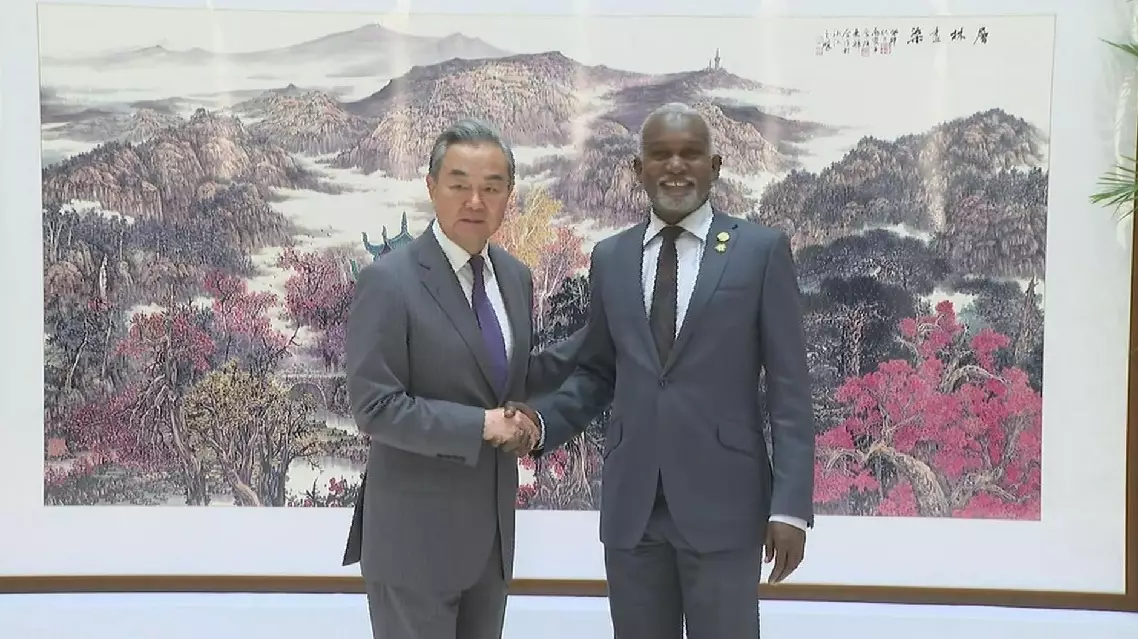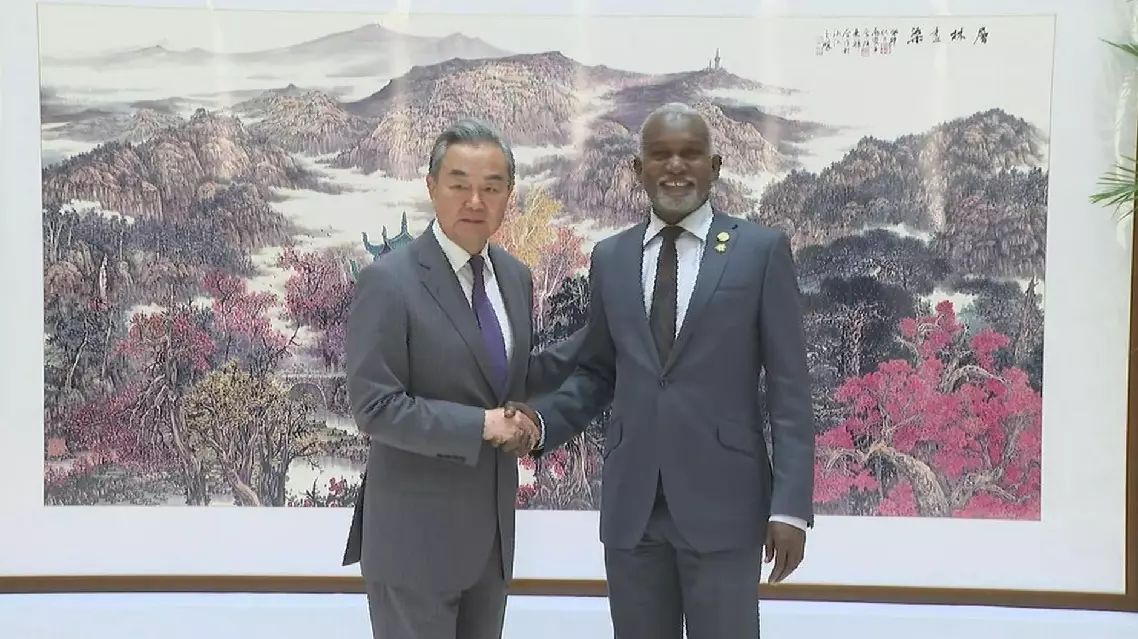Chinese Foreign Minister Wang Yi on Wednesday met with Nigerian Minister of Foreign Affairs Yusuf Maitama Tuggar, who came to China for the Ministerial Meeting of Coordinators on the Implementation of the Follow-up Actions of the Forum on China-Africa Cooperation (FOCAC) in Changsha, capital city of central China's Hunan Province.
Wang, also a member of the Political Bureau of the Communist Party of China (CPC) Central Committee, said that China and Nigeria are both major developing countries, representatives of emerging economies and important members of the Global South.
Under the strategic guidance of the two heads of state, China-Nigeria relations have gone beyond the bilateral scope and are gaining increasing global significance, and the foreign ministers of the two countries have met three times this year, said Wang.
Wang also said that China is willing to maintain frequent communication with Nigeria, strengthen strategic coordination, and continuously elevate the China-Nigeria comprehensive strategic partnership to new levels.
The two sides should also work hand in hand and shoulder their responsibilities together, enhancing solidarity and cooperation among the Global South within the framework of the FOCAC and jointly safeguarding the legitimate rights and interests of developing countries, Wang said.
China appreciates Nigeria's support for China in safeguarding core interests and will likewise support Nigeria in safeguarding its legitimate rights and interests, said Wang.
Wang added that China is ready to enhance all-round exchanges with Nigeria and deepen the sharing of governance experience.
With highly complementary economies, China and Nigeria enjoy broad prospects for mutually beneficial cooperation. China is ready to work with Nigeria to negotiate and sign the agreement on economic partnership for shared development to make full use of the zero-tariff policy, share development opportunities, and achieve common revitalization, Wang said.
Tuggar said that the diplomatic philosophies of Nigeria and China are highly consistent.
Nigeria fully agrees with the diplomatic principles advocated by China and is pleased to be a member of the International Organization for Mediation, said Tuggar, adding that Nigeria will continue to firmly defend multilateralism and is committed to the peaceful settlement of disputes.
Fruitful outcomes have been achieved in Nigeria-China relations, and Nigeria is willing to further deepen cooperation in various fields with China and work for greater progress in the Nigeria-China comprehensive strategic partnership, said Tuggar.

Chinese FM meets his Nigerian counterpart

Chinese FM meets his Nigerian counterpart









